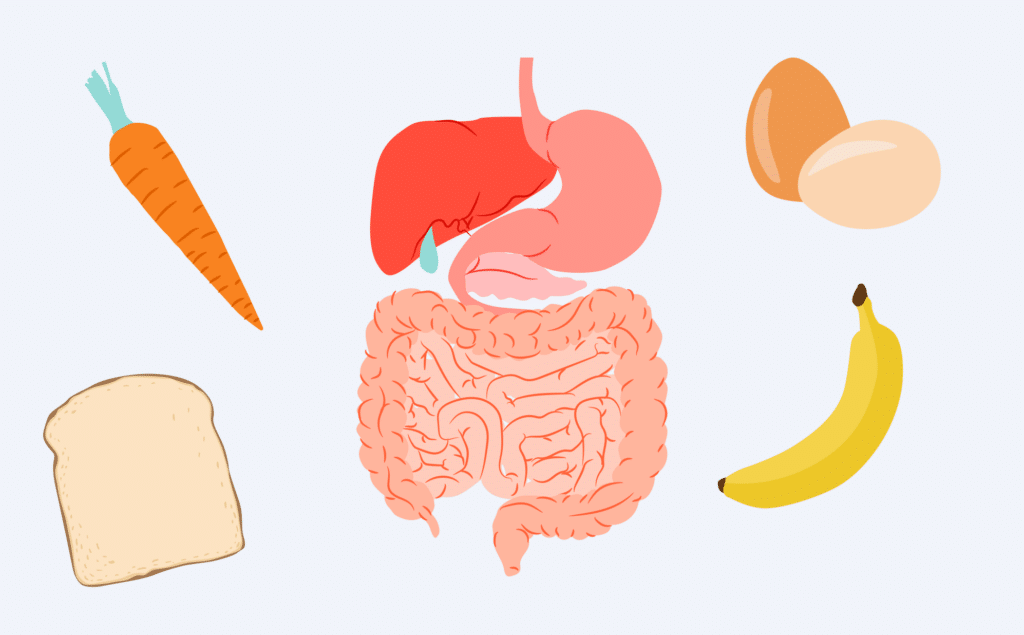How Oshi Health’s virtual GI coaching program, a subset of its full GI care clinic, significantly improves outcomes and satisfaction
People with GI conditions like IBS, IBD, and GERD often lack access to GI-specialized dietary and behavioral health services, even though clinical guidelines identify these interventions as highly effective at reducing costs and improving clinical outcomes.
When people do have access, most still struggle to implement the dietary and behavioral changes recommended by their care providers. Treating GI conditions is a behavioral health challenge.
Dietary programs often involve eliminating certain foods and slowly reintroducing them into one’s diet to understand what types of foods may trigger symptoms.
Behavioral health interventions achieve GI symptom control through well-validated techniques (such as cognitive behavioral therapy) to address lifestyle stressors which are known to impact GI symptoms.
Education and care coordination is another issue: A recent survey of IBS patients in the U.S. found that over 60% wished they had been informed by their provider about the impact of mental health, food, and lifestyle in relation to their IBS.
Oshi Health conducted a 10-week study of the impact of dietary counseling and GI health coaching, as a subset of its full GI care clinic. Creating convenient access and ready support had a profound effect on participants’ symptom control, satisfaction, and ability to stay on track with their care plan. For more detailed information, download the Case Study.




